Introduction
Blog
Links
Find out who WAS on Hitler's "Hit-list" for free at:
https://www.forces-war-records.co.uk/hitlers-black-book
In addition you can follow the Forces War Records team on Facebook at:
https://www.facebook.com/forceswarrecords
Twitter at:
https://twitter.com/F_W_Records
and blog at:
https://www.forces-war-records.co.uk/blog
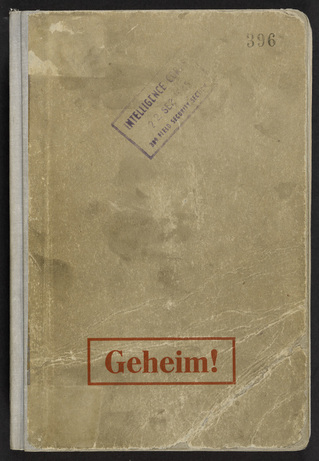
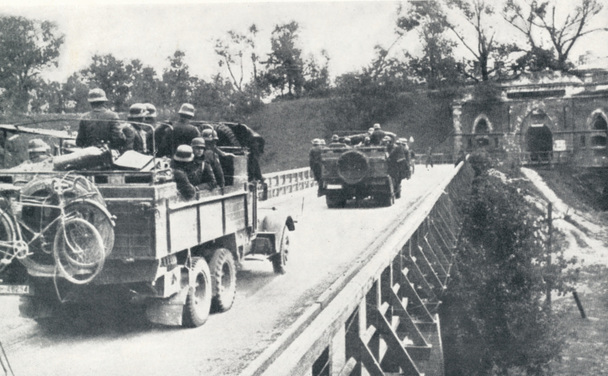
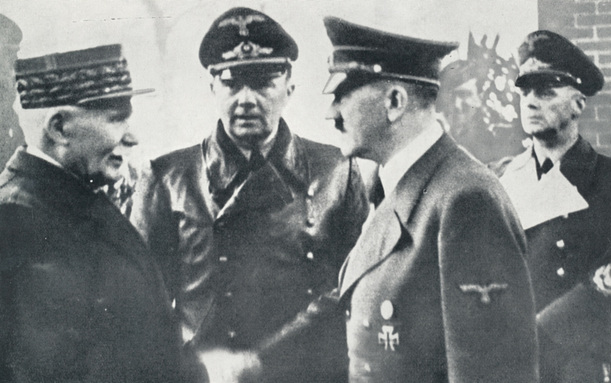
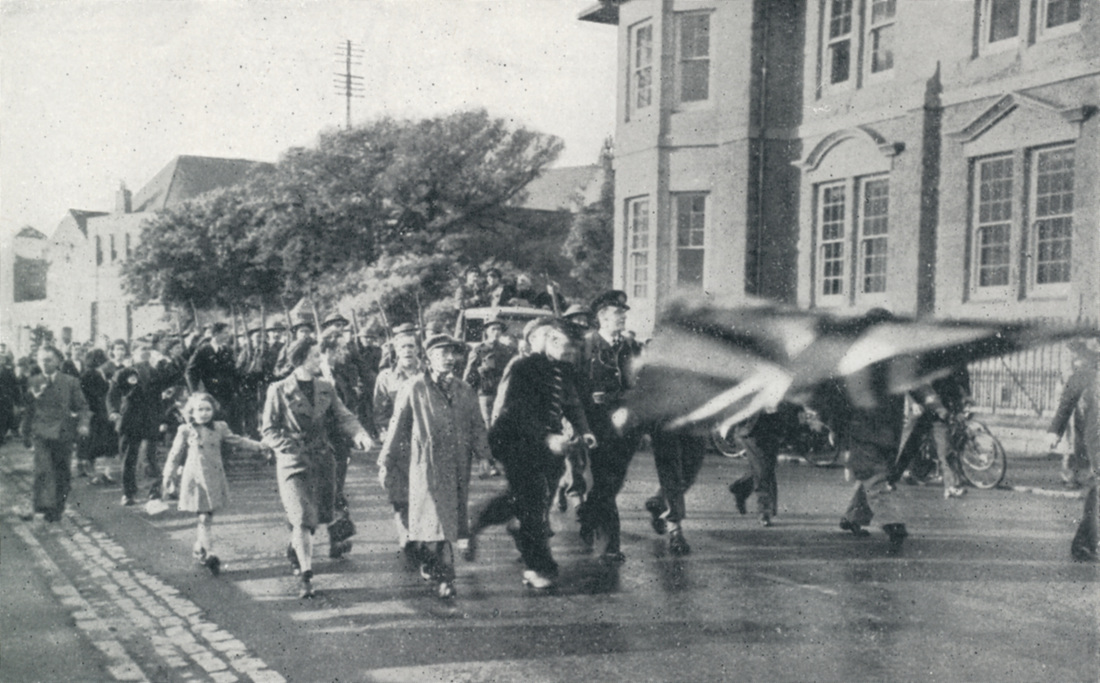

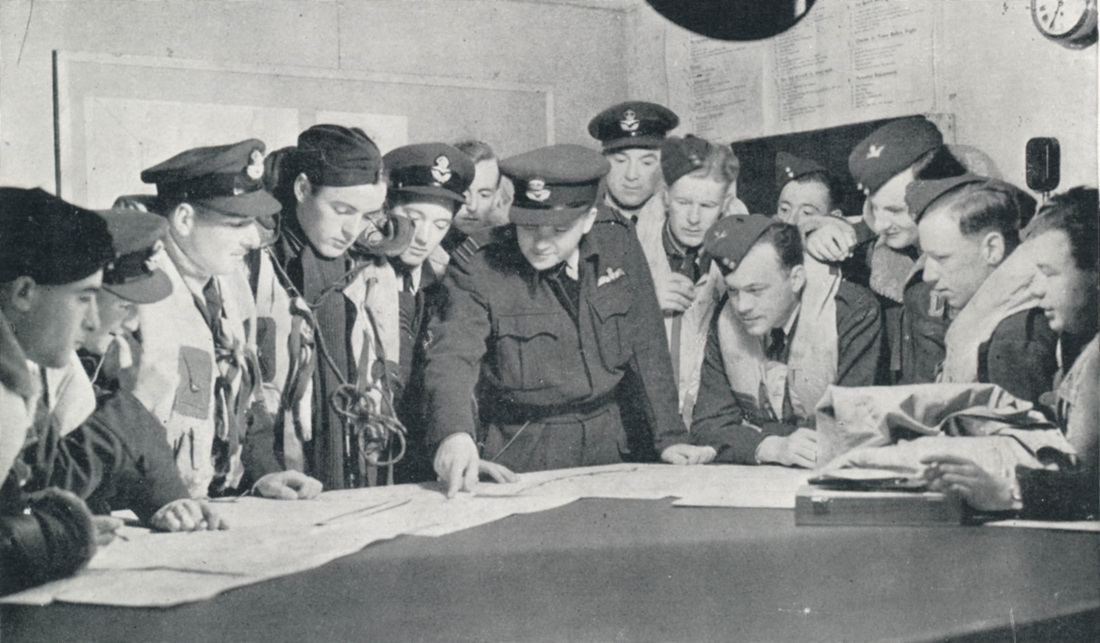
 RSS Feed
RSS Feed
